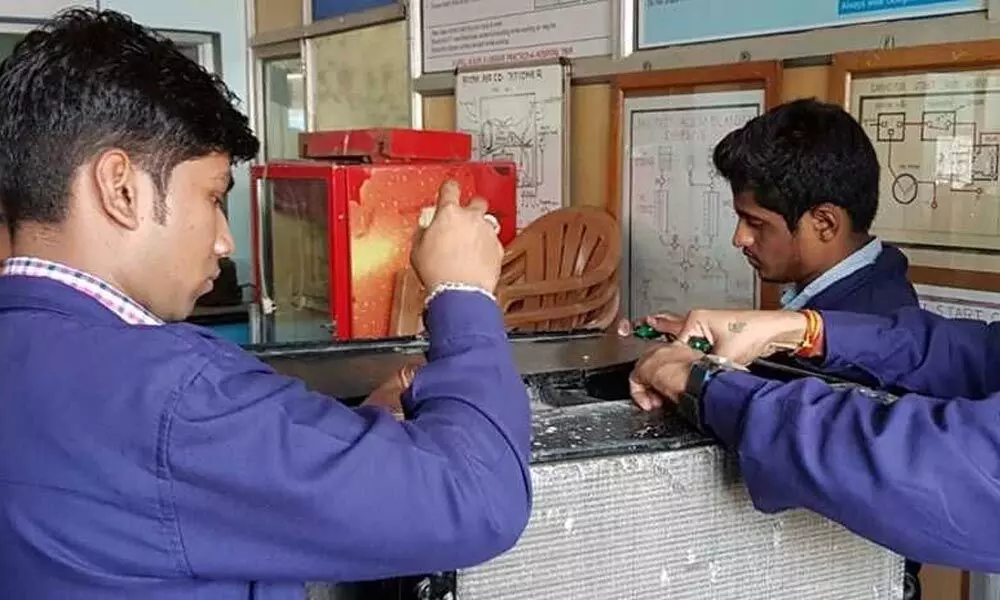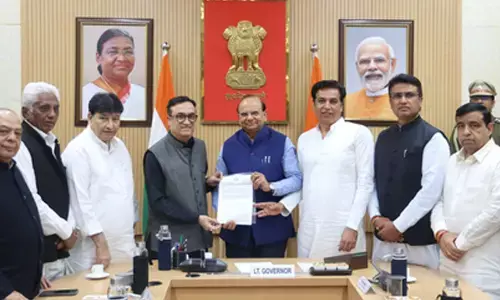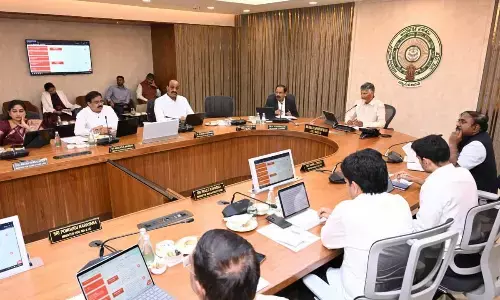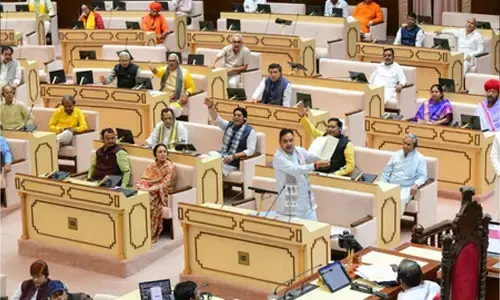Facilitating sustainable livelihoods

Facilitating sustainable livelihoods
The Covid-19 pandemic has exacerbated the financial imbalances in our economy, further jeopardising livelihoods for India’s under-resourced youth across rural and urban areas.
The Covid-19 pandemic has exacerbated the financial imbalances in our economy, further jeopardising livelihoods for India's under-resourced youth across rural and urban areas. A survey by the Centre for Monitoring Indian Economy revealed soaring unemployment with 58.5 per cent of youth between the ages of 15 and 24 reporting job losses in the December 2019-April 2020 period.
While vaccinations and a reviving economy have improved prospects, we still have a long way to go in ensuring sustainable livelihoods for those without access to resources, including youth in remote or rural areas as well as the urban poor. Educational institutions can play a pivotal role in changing the status quo by reducing the imbalance in access to education, thereby empowering the youth with employability skills. Through affordable and accessible skilling platforms, they can help India's youth to bridge the skill gap across many industries while helping them secure a sustainable livelihood.
Challenges in facilitating sustainable livelihoods
The concept of sustainable livelihood gained ground in the nineties as an inclusive and integrated approach towards tackling poverty. It also signified a shift from subsidies to a more inclusive approach where the focus was on building an ecosystem of financial, human, and intellectual inclusion. However, heavy dependence on agriculture makes the youth, particularly in rural areas, susceptible to volatility in the sector. Lack of education and training can also impact the employability of the rural and urban poor.
The government has tackled the issue by focusing on skill development and entrepreneurship as a more viable avenue for employment generation. However, these initiatives have also witnessed a setback recently due to the disruptions generated by the pandemic. Without proper access to the internet or suitable devices, India's under-resourced youth have faced the brunt of this impact, further reducing their employability.
Working towards a solution
To regain our momentum in creating sustainable livelihoods, we must revive our efforts to build an inclusive ecosystem, with financial impetus from investors - whether from CSR initiatives, individual donations, impact investors, private foundations, or intermediaries.
However, educational institutions, including schools, colleges, and universities have a more long-term and impactful role to play through skilling programs. They can take forward skilling initiatives through digital platforms or in-person instruction. By upskilling these youth, such initiatives can also play a critical role in bridging the skill gap across industries. With 63 per cent of companies in India reporting a talent shortage, skilling programs have tremendous potential in raising the emerging workforce's employability.
Other than skilling, education is also necessary in empowering the youth from disadvantaged communities, to develop a modern and multidisciplinary approach toward entrepreneurship. Finally, educational institutions can facilitate cross-sectional partnership and collaboration, bringing together different stakeholders, including NGOs, industry, and the government. Measures such as internship initiatives help in increasing their exposure to the industry, sharpening their skill set while providing them with relevant experience.
While the Covid-19 pandemic created a sharp setback in sustainable livelihood initiatives, it also brought into focus the necessity of building infrastructure to strengthen employability in rural and poor urban areas. It is imperative for all stakeholders to seize this opportunity to redress the imbalance and work towards more equitable access to education, thereby improving the productive potential of India's under-resourced youth.
(The author is Chairperson of The Shahani Group, TSCFM, Sage Foundation, an Educationist and Philanthropist)








